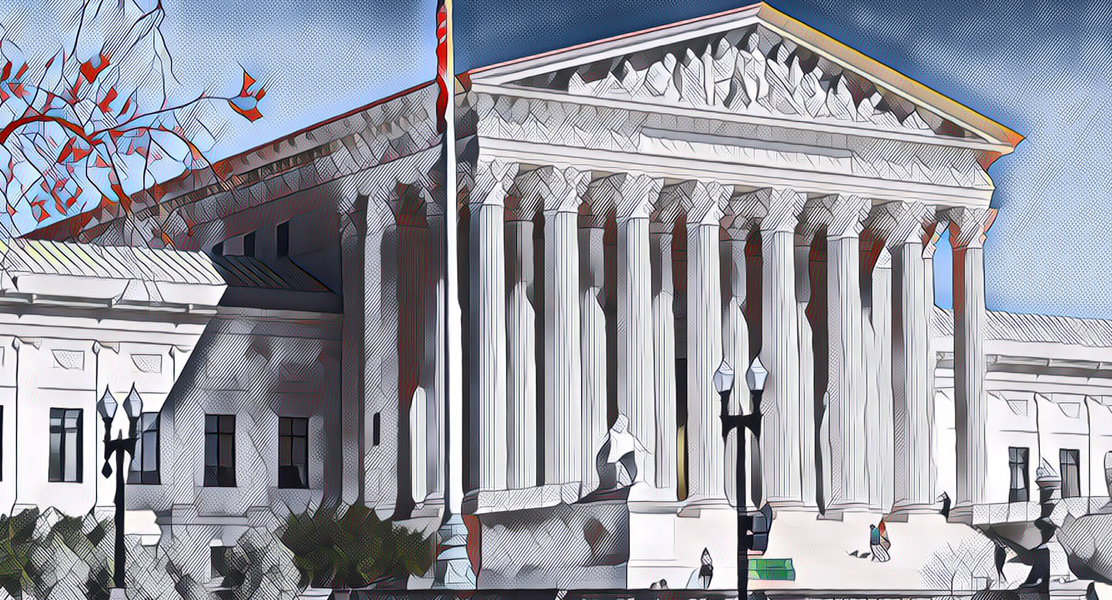U.S. Supreme Court declines to review religious freedom challenge to public school unit on Islam

Earlier this year, the 4th U.S. Circuit Court of Appeals upheld a public school lesson plan in a world history class against a constitutional challenge that it violated the Establishment Clause. A unanimous panel rejected arguments made by plaintiff parents that a unit on Islam amounted to improper promotion of the faith. Now, the U.S. Supreme Court has declined to take up the case, leaving that ruling in place.
Some headlines announcing the decision are framing it as an “anti-Christian” move by our nation’s highest court because the plaintiffs were Christians who objected to their daughter learning details about the Islamic faith. The First Amendment, however, does not require that public schools refrain from teaching about religious faiths in an academic setting, so long as the material is taught in a way that is respectful of students’ religious beliefs and neutral on matters of faith.
After examining the challenged lesson plans in this case, which included worksheets requiring students to complete sentences about Islam, the appeals court determined that they were “precisely the sort of academic exercise that the Supreme Court has indicated would not run afoul of the Establishment Clause.”
The court also warned against “micromanaging” isolated statements by instructors:
[I]f courts were to find an Establishment Clause violation every time that a student or parent thought that a single statement by a teacher either advanced or disapproved of a religion, instruction in our public schools “would be reduced to the lowest common denominator.” Such a focus on isolated statements effectively would transform each student, parent, and by extension, the courts, into de facto “curriculum review committee[s],” monitoring every sentence for a constitutional violation.
[A]cademic freedom would not long survive in an environment in which courts micromanage school curricula and parse singular statements made by teachers.
While micromanagement may be problematic, teachers and school districts should strive at every turn to maintain religious neutrality during academic instruction about religion in the social studies curriculum. For support in this area, see A Teacher’s Guide to Religion in Public Schools, the resources for educators from the Religious Freedom Center of the Freedom Forum Institute, and additional BJC resources on this topic.
You can read the appeals court decision in this case here.




